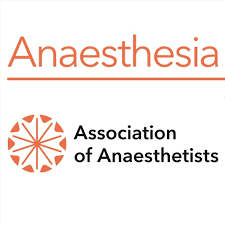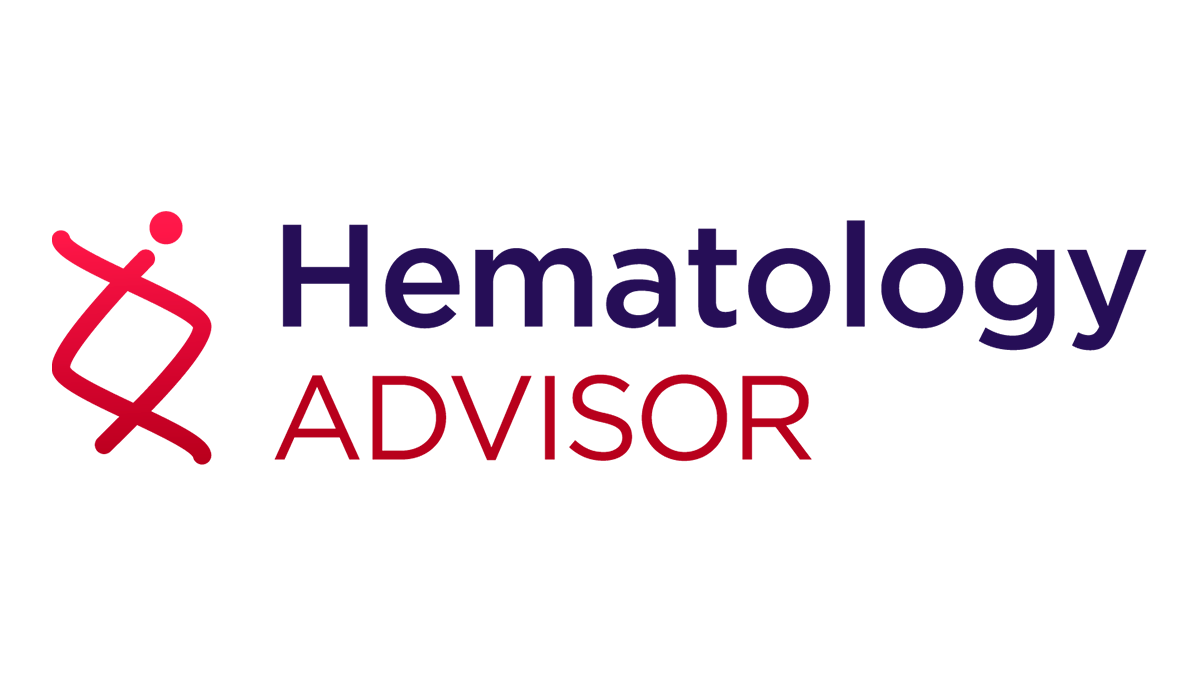
Editor's Note Low-dose dexmedetomidine effectively stabilizes blood pressure and heart rate during key perioperative stages in gastrointestinal tumor patients with moderate to severe anxiety, according to a July 1 study published in BMC Psychiatry. Researchers enrolled 100 patients undergoing elective laparoscopic gastrointestinal tumor resection. Anxiety levels were measured using…

Editor's Note New research shows surgical patients in the US face a significantly greater risk of food insecurity than nonsurgical patients, even after adjusting for demographic and socioeconomic differences. Findings also point to potential underutilization of the Supplemental Nutritional Assistance Program (SNAP) benefits among surgical patients, study authors write. …

Editor's Note Patients taking GLP-1 receptor agonists (GLP-1 RAs) do not need to discontinue these medications before undergoing anesthesia but should follow extended preoperative fasting protocols to reduce aspiration risk, according to a June 5 article in Medscape. As detailed in the article, this recommendation comes from a new multidisciplinary…

Editor's Note Research shows using 3D-printed anatomical models during preoperative counseling can improve patients’ involvement in shared decision-making (SDM) and reduced anxiety ahead of colorectal surgery, although only the improvement in SDM met the study’s threshold for clinical significance. Published June 3 in JAMA Network Open, the single-center trial included…

Editor's Note Helping patients taper opioids preoperatively before deploying multimodal care strategies can help prevent instances of patients already with prescriptions going home with even higher doses. That’s the main takeaway from an April 22 MedCentral interview with Marie N. Hanna, MD, division chief for regional anesthesia and acute pain…

Editor's Note Taking GLP-1 receptor agonists before anesthesia increases the risk of residual gastric contents, but evidence is lacking for a corresponding increase in perioperative pulmonary aspiration risk, according research published April 15 in the journal Anaesthesia. The systematic review and meta-analysis analyzed 28 observational studies involving over 466,000 patients…

Editor's Note Known for managing Type 2 diabetes and promoting weight loss, GLP-1 drugs like Ozempic and Wegovy may also reduce the risks of numerous other conditions, including Alzheimer’s, substance use disorders, and certain cancers, according to an article published in Fortune January 20. Led by the Veterans Affairs St.…

Editor's Note A study presented at the ASH Annual Meeting 2024 found that the current Caprini score, a widely used model for assessing perioperative venous thromboembolism (VTE) risk, underestimates risk in Black patients while overestimating it in Latino patients. Hematology Advisor reported the news January 6. According to the article,…

Editor's Note Using virtual reality glasses (VR-G) to watch immersive 360-degree nature videos significantly reduces preoperative surgical fear in patients undergoing open-heart surgery, according to a randomized controlled study published November 29 in the Journal of Perianesthesia Nursing. However, anxiety levels were not markedly affected, suggesting targeted efficacy in fear…

Editor's Note Research reveals combining non-steroidal anti-inflammatory drugs (NSAIDs) with blood thinners heightened bleeding risk across multiple organ systems, HealthDay reported November 18. The study analyzed nearly 52,000 Danish patients prescribed blood thinners between 2012 and 2022, examining NSAID interactions with multiple anticoagulants including rivaroxaban, apixaban, dabigatran, edoxaban, and warfarin.…